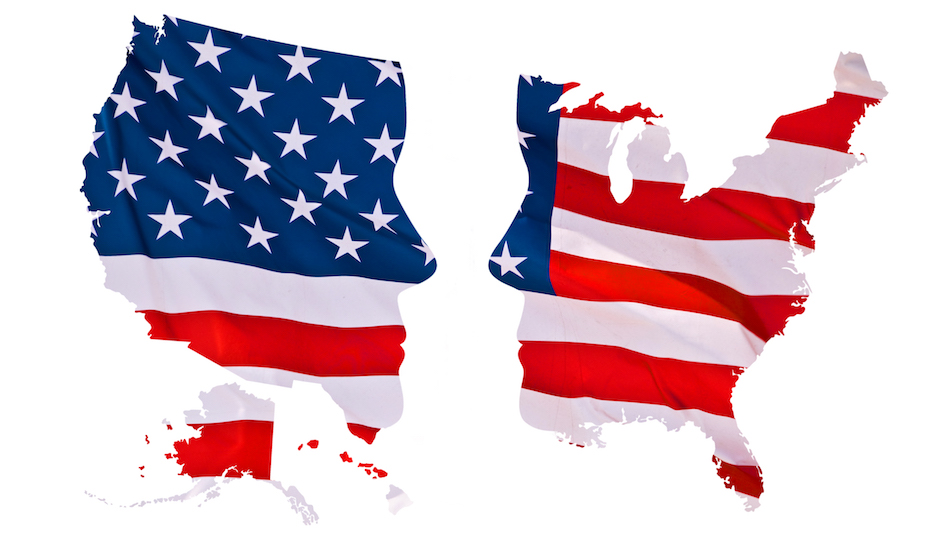
Both sides favorably rate information that favors their camp.
Liberals and conservatives are both biased, and to roughly the same degree, according to a new meta-analysis by School of Social Ecology Professor Peter Ditto.
The meta-analysis, published recently in the journal Perspectives on Psychological Science and forthcoming in print, statistically combined the results of 51 previous experimental studies involving more than 18,000 participants. Each experiment evaluated people’s tendency to view information more or less favorably depending on whether it supports or challenges their political beliefs.
The researchers compared the extent to which liberals and conservatives showed a tendency to evaluate politically “friendly” information more favorably than politically “unfriendly” information across the 51 studies, and found no difference in average levels of this bias between the two groups.
“Under highly controlled experimental conditions, both liberals and conservatives exhibit partisan bias to a remarkably similar degree,” says Ditto, a professor of psychological science and lead author of the paper. “Everyone accuses the other side of bias, with the implication that they and their side are the objective ones. People see bias quite clearly in other people, but not so much in themselves. But the reality is that everyone is vulnerable to bias, everyone tends to treat their own side better than they treat the other.”
The “bias” examined in the studies is akin to the hypocrisy that political partisans often complain about in their political adversaries: the tendency to judge identical policies and behaviors more charitably when enacted by one’s own political team than by the other.
Ditto warns that falling prey to partisan bias can lead to rigid thinking and a disinclination to change strongly held beliefs even in the face of overwhelming evidence. This in turn can lead to a world in which politically opposed factions accept different sets of facts, eliminating the common ground needed to discuss difficult policy issues and to broker compromises.
“These days there are red facts and blue facts. Each side believes different things about crucial, fundamental aspects of the way the world works, whether it’s economic issues, gun control or climate science,” Ditto says. “These ‘alternative facts’ make effective governing and policymaking difficult and they fuel partisan animosity and mistrust. It is hard not to get angry if someone firmly endorses a factual belief that you just as firmly believe is untrue.”
For the meta-analysis, Ditto and his colleagues only included studies that allowed for the strongest claim of bias: those that were experimental in design and that presented participants with essentially identical information that was manipulated to reflect positively on either liberals and liberal beliefs or conservatives and conservative beliefs.
For example, in one study included in the analysis, participants were asked to judge identical scientific findings, except the results were altered to either support a liberal belief, such as the benefits of gun control, or a conservative belief, such as the benefits of gun ownership. In another study included in the analysis, participants were asked to judge the same behavior done by either a Republican or Democratic president.
The individual studies included in the meta-analysis showed a wide range of results. Some found that liberals were more biased than conservatives and others found the opposite. Some revealed significant bias and others found relatively little.
But when the studies were combined statistically in the meta-analysis, the overall finding was that both sides are equally vulnerable to perceiving a world in which their own side’s people and beliefs come out on top. That finding was extremely robust, revealing itself consistently across political topics and specific methods of measuring bias.
Bypassing this inclination toward bias will be key in achieving dialogue, Ditto says.
“If everyone could start to recognize that we all vulnerable to seeing the world in a biased way – in a way that supports and reinforces what we already believe to be true – then maybe we could begin to develop more empathy for people with whom we disagree. Then the real conversations can start,” Ditto says.
Learn more about Ditto's research Oct. 18, 2018 at Social Ecology's Daybreak Dialogues event.